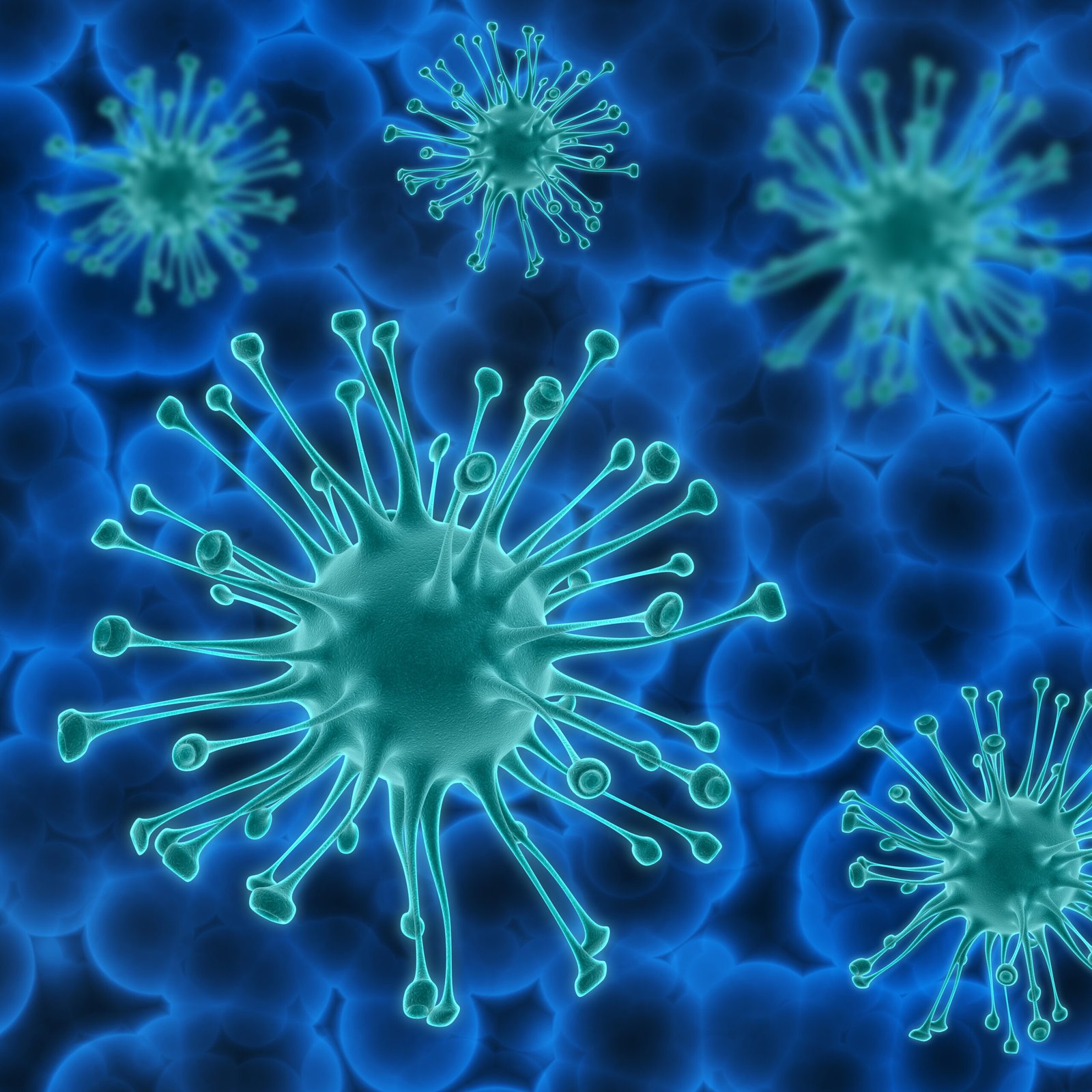1.Introduction to Nephrotoxicity
Kidney injury caused by drugs, known as nephrotoxicity, is a common issue in medicine. It can occur with treatments like anti-inflammatory, antibacterial, and chemotherapy drugs. This often leads to discontinuing or limiting certain therapies for patients.
2.Breakthrough Discovery
Researchers have recently discovered six new biomarkers that can detect kidney damage more quickly and accurately. These biomarkers may allow for better drug safety and improved health outcomes. The findings were published in Clinical Pharmacology & Therapeutics.
3.Why This Matters
Sushrut Waikar, MD, MPH, the lead author, explains that these biomarkers offer a more sensitive method for monitoring kidney health. They could lead to safer and more effective treatment options for patients. Current tests are often too slow to show early signs of kidney damage.
4.How the New Biomarkers Work
The six biomarkers can be detected in urine and are produced by the kidneys in response to injury. Unlike blood tests, which can take days to show abnormalities, these markers can identify kidney damage within just 24 hours. This faster detection could improve monitoring during drug development and patient treatment.
5.Promising Future for Kidney Health Monitoring
The research team studied the biomarkers in healthy volunteers and patients treated with a chemotherapy drug known to harm the kidneys. They are now testing whether these biomarkers can be used more broadly in clinical trials.
6.Impact on Patient Care
Early detection of kidney damage can help doctors act sooner, reducing long-term harm to patients. Waikar hopes these findings will lead to better ways of protecting kidney function and improving overall patient care. Additionally, they could help make drug development safer.
Source:Boston Medical Center
Date:Jan 6 2025
Key words:Kidney injury,Biomarkers,Early detection,Clinical Pharmacology & Therapeutics,Urine biomarkers




